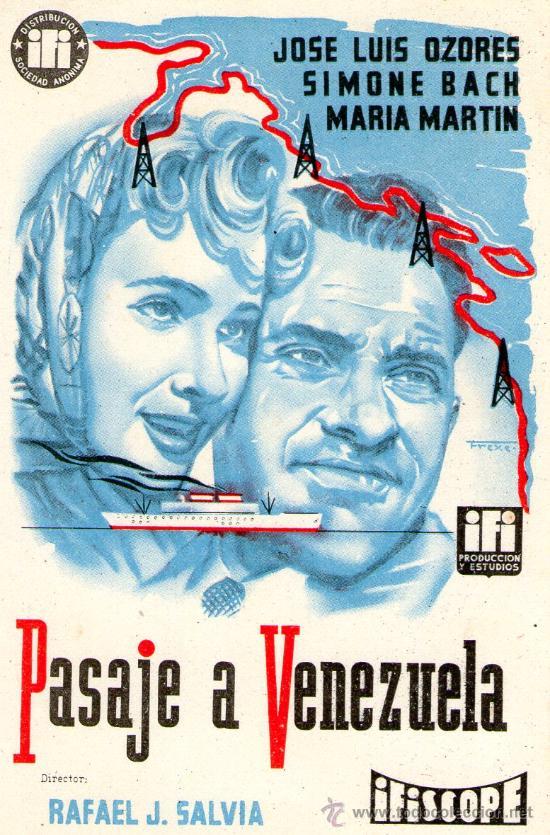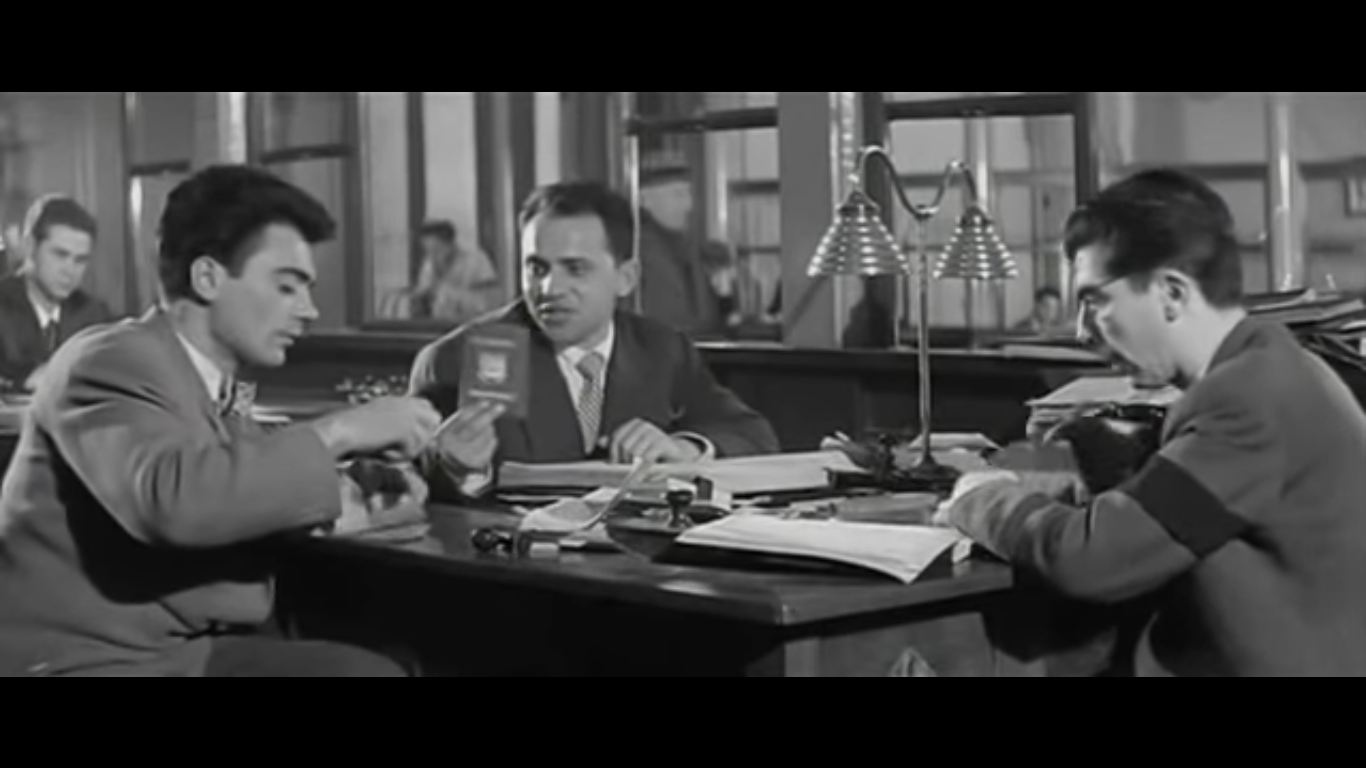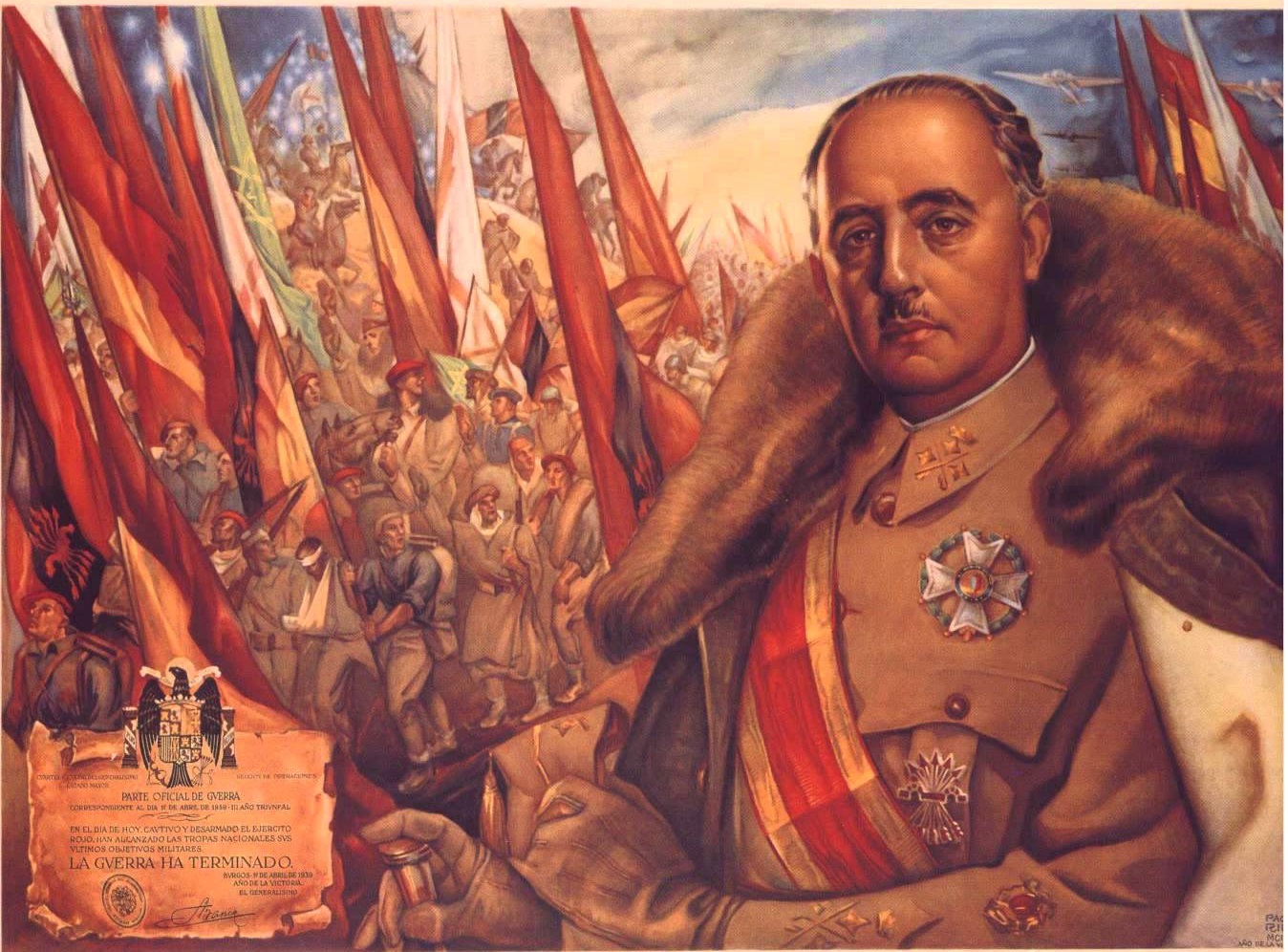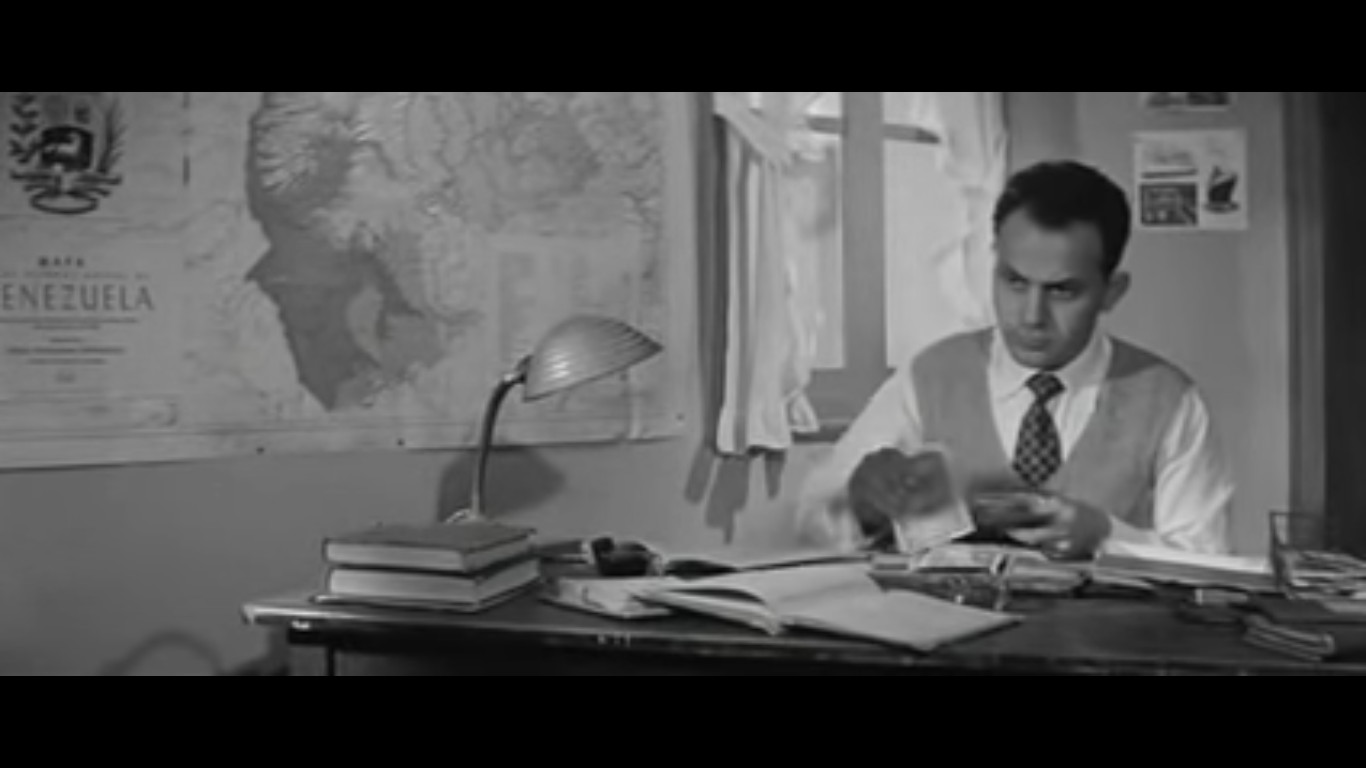Stay or Leave: The Age-Old Migration Question
In times of Franco, a Spaniard chooses love over coming to our Tierra de Gracia to live a dream life. How many Venezuelans would make a similar decision today?


With Spain becoming one of their preferred spots to settle abroad for wealthy Venezuelans, I think of Andrés. A young, hard-working man, Andrés has a dilemma. On one hand, he could stay in his homeland, surrounded by his loved ones. The other option? Migrate. Leave behind the life he has known and try his luck in a foreign country far away. He knows that,abroad, many people —including a few good friends— have found a life he can only dream of back home.
This is his magical adventure:
Pasaje a Venezuela (Ticket to Venezuela), is a 1957 Spanish film starring José Luis Ozores and Simone Bach, written and directed by Rafael J. Salvia, the man behind Manolo Guardia Urbano (1956), Las Chicas de La Cruz Roja (1958), and other awful-sounding productions you have never heard of. Pasaje a Venezuela opens on a ship, with Andrés saying goodbye to a friend heading off to La Guaira. The irony is thick from the start; this may not be the best Spanish cinema, but it is a reminder that, within living memory, migration between Spain and Venezuela went the whole other way.
We’re then introduced to Andrés’ family. There’s his father, a charming, peevish old man; his angry, no-nonsense sister and her lovable scamp of a son. They all live together, barely making ends meet, doing the Franco era equivalent of selling cupcakes and matando tigres. For the most part, they depend on remittances Andrés’ brother-in-law sends from abroad.
Can you believe it only took him 3 months?
No one in the flick is all that interesting, with the exception of their Mr. Burns-style old boss. These characters exist to be sounding boards for Andrés’ migratory fantasies, inflamed with a letter from a Spaniard in Caracas. He just bought a car for $500 (about $4,335 in today’s money), an impossible sum for a Franco era bank clerk. The kind of story I constantly see from my friends abroad on Instagram.
For our Spaniard hero, irse demasiado is more a get-rich-quick scheme than an alternative to improve his standard of living. In fact, politics is the elephant in the room the movie never quite acknowledges. You’d never guess Franco had been ruling Spain for two solid decades at that point.
Look, this is not Buñuel or Berlanga, social criticism isn’t the point. Spain was one of the poorest countries in Western Europe, way poorer than Venezuela. Spain meant isolationism, protectionism, shortages, depleted foreign reserves, multiple exchange rates, by the hand of an authoritarian ruler and an awkward cadre of several political factions under an umbrella party. Andrés, pana, I feel you.
The reality, you slowly grasp, is you’re watching regime propaganda. The film portrays migration as a whim. It’s never portrayed as a rational choice, much less as a last ditch escape from outright persecution. The only moment the film acknowledges things aren’t great in Spain? The grandpa, jokingly says they could save some pesetas by eating every other day.
Ouch.
Andrés’ justified reasons for wanting to migrate are dismissed. He’s told he should think of his family, that he’s being selfish, that he will face hunger and hardship. That he should work for his own instead of pulling a cart, which apparently is Spain-in-the-50’s equivalent to cleaning toilets. The shallow arguments are contrasted with his single-minded obsession, which drives him to get a passport, a recommendation letter from a resident in Venezuela and collecting 8,000 pesetas (around US$ 1,730 today) for his first-class boat trip. He even hangs a giant map on his bedroom! What a piticriollo!
No Guyana? Andrés, I thought you were on our side!
While all this is going on, Andrés meets Carmen on a bus to work. They have the chemistry of bleach and ammonia but since she’s the only other woman in the movie besides his sister, she becomes the romantic interest. She also has an ailing, disabled father to take care of.
He soon gets a second job selling fish on the streets, a job so lucrative that he quits his job as a clerk. For some reason (it’s one of those movies) he’s forced to choose to either stay and invest in a fishing boat or finally travel and make his dreams come true. What, oh what will he choose?
Spoiler alert! —he stays for the love of Carmen, and works hard and invests in Spain. Andrés spares his grandchildren the joys of having to legalizar a giant stack of documents so they can make the trip back two generations later, and end up in an argument in a bar about the joys of 21st Century Socialism with some Podemos supporter. Yay.
For all its propaganda, the Bolivarian regime hasn’t lifted a finger to keep our generations from leaving.
Interestingly enough, the movie’s release coincides with the start of the Spanish Miracle, an economic boom that would spark a decline of massive Spanish migration as Franco’s government embraced more liberal economic policies while keeping its authoritarian ideology. Some say the Miracle gave new life to the regime, but it’s easy to see it has more to do with post-war Marshall Plan-funded European reconstruction. You know what else helped? Remittances from Spaniards abroad, which reached the sum of $238 million in 1964.
Pasaje a Venezuela is a third rate movie, but a world-class mine of ironies for contemporary Venezuela. The upsetting thing is that there isn’t a chavista equivalent of this film. For all its propaganda, the Bolivarian regime hasn’t lifted a finger to keep our younger generations from leaving.
In its own way, that’s the biggest insult of all.
Who knows? Maybe one day the grandchildren of the young people who left for Miami, Toronto or Madrid will find themselves applying for Venezuelan passports to flee some god-awful regime there. Sounds outlandish, but think how crazy our situation would have sounded to Andrés.
Caracas Chronicles is 100% reader-supported.
We’ve been able to hang on for 22 years in one of the craziest media landscapes in the world. We’ve seen different media outlets in Venezuela (and abroad) closing shop, something we’re looking to avoid at all costs. Your collaboration goes a long way in helping us weather the storm.
Donate








